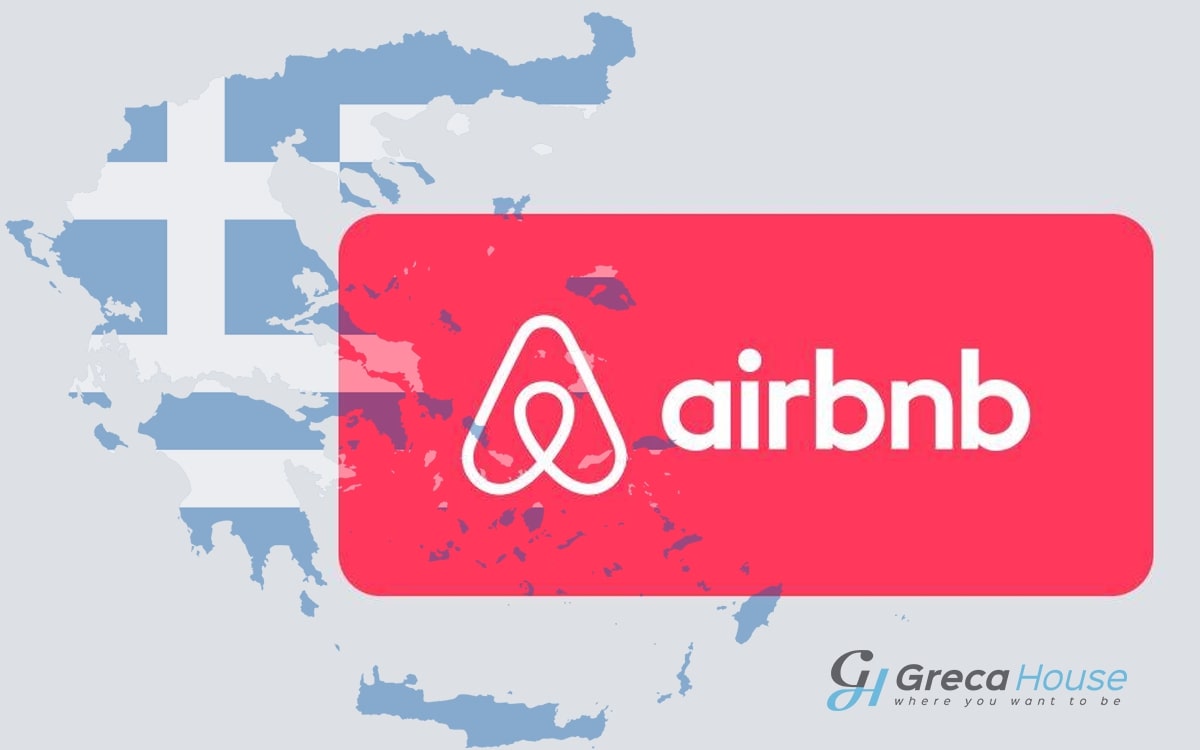The demand for property in Greece has changed dramatically over the past decade. Housing costs are rising, supply is limited, and finding an apartment, especially in major cities like Athens and Thessaloniki—has become a challenge for many households. Two key factors often blamed for this shift are the Golden Visa program and Airbnb. While both bring in investment, their effects on the market differ significantly in terms of property prices and rental levels.
The Golden Visa – High-Value Investment and Urban Renewal
Launched in 2013, the Greek Golden Visa program was designed to attract foreign investment into the Greek real estate market. So far, it has brought over €5 billion into the Greek economy, mainly through property purchases worth more than €250,000. Following recent changes, the minimum investment now stands at €800,000 in high-demand areas (Athens, Thessaloniki, and islands with a population over 3,100), €400,000 in other regions, and only €250,000 in cases of property-use conversion.
The program’s impact has been multifaceted:
• Reduction in unsold housing stock.
• Renovation of old buildings and revitalization of neighborhoods.
• Reactivation of industries hit by the crisis, such as construction, real estate, and legal services.
• Increased tax revenue and fees from transactions and residence permits.
However, given the investment threshold, properties purchased by foreign investors rarely compete with those in the middle-income housing market. As a result, the Golden Visa has limited direct influence on rental prices, certainly less than other contributing factors.

Airbnb – Profits for Owners, Pressure for Renters
Short-term rentals through Airbnb have transformed how property is utilized. A single apartment in the city center can now generate substantially higher income compared to a long-term lease. This dynamic led to a mass shift of residential units toward tourist accommodation.
- The effects of Airbnb are far more immediate in everyday life
- Rapid rent increases (up to +40% in the past five years in Athens and Thessaloniki).
- Reduced availability for students, young professionals, and families.
- Alteration of neighborhood character and community balance.
- Tensions in apartment buildings where “informal” tourist rentals operate.
While short-term rentals have provided financial relief for small property owners and boosted tourism, the lack of regulation has created serious issues, including income opacity, tax evasion, and disputes over shared spaces.

Who Impacts the Market More?
The Golden Visa primarily affects property sale prices, particularly in the high-end market segment. Airbnb, on the other hand, has a direct influence on rental levels and the availability of homes for permanent residents. The former contributes capital and urban renewal, while the latter fuels the housing crisis by pushing rents upward.
The state must now strike a balance, encouraging investment without undermining the right to housing. Measures such as setting limits on the number of Airbnb units per area and providing incentives for long-term rentals could mark the beginning of a more sustainable framework.
Greca House Real Estate’s Perspective
With years of expertise in the Greek property market, Greca House Real Estate Agency promotes strategies that balance investment potential with social sustainability:
- Selecting Golden Visa properties that support urban redevelopment.
- Encouraging long-term rental options in areas with stable demand.
- Advising property owners on how to manage their assets responsibly.
The housing market should serve both the needs of society and the goals of investors. Greca House is committed to promoting responsible practices that safeguard the long-term sustainability of housing in Greece.


